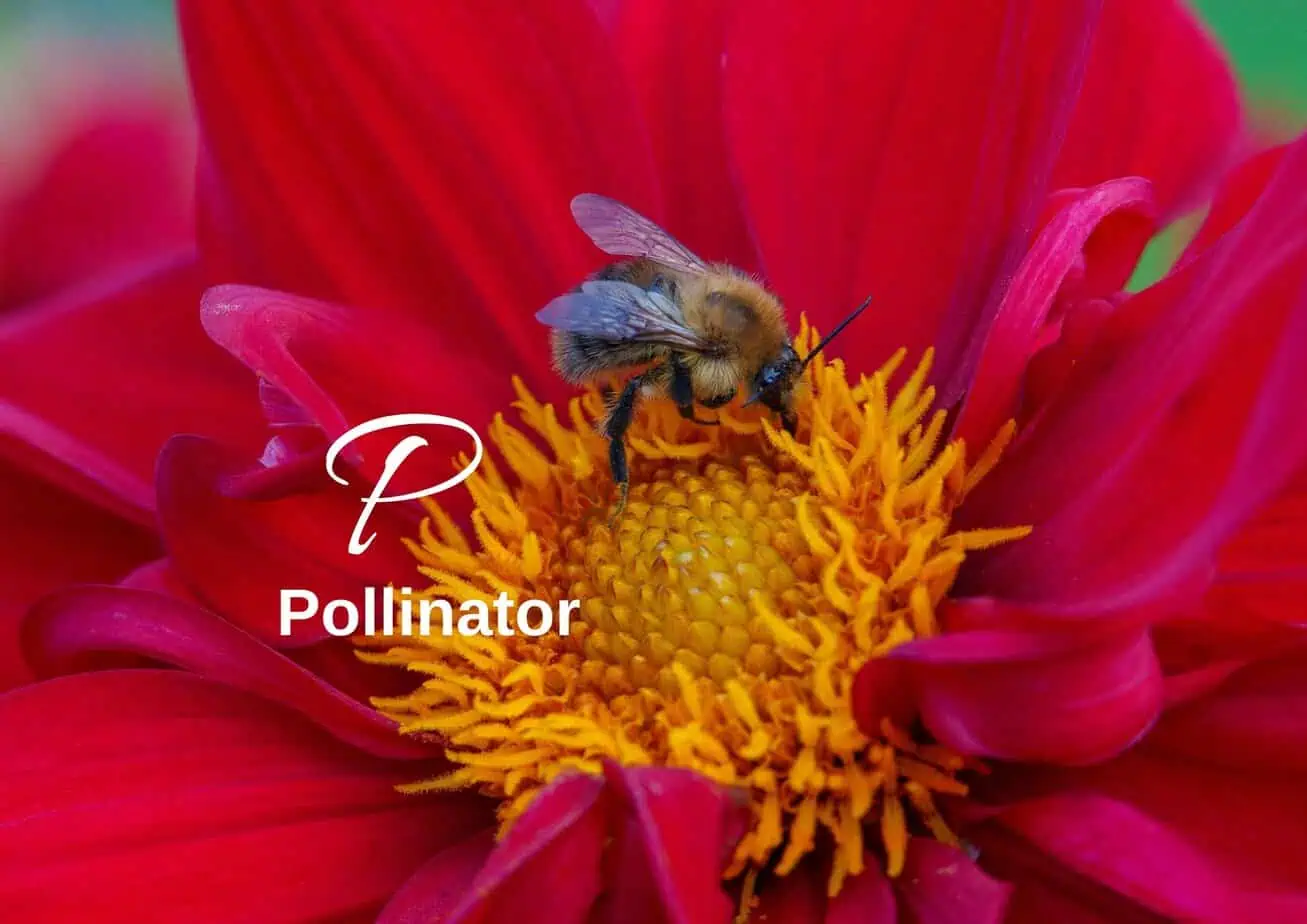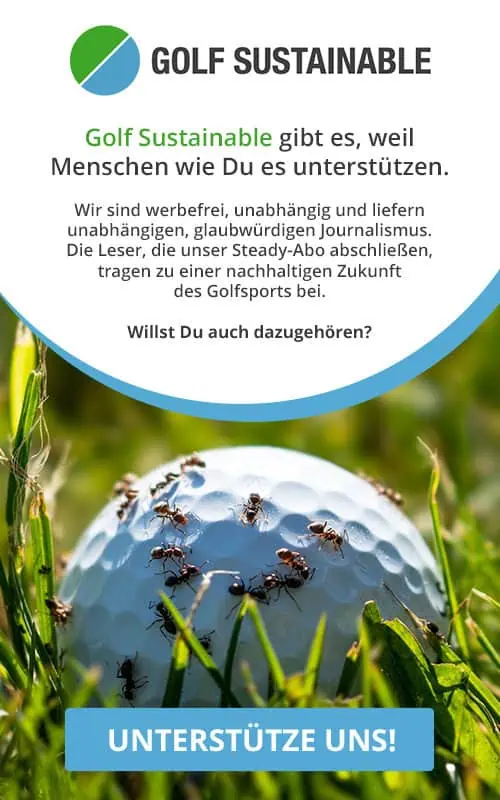Biodiversity lexicon: P for Pollinator
It wouldn’t work without bees – that is the simple summary of a difficult topic. Wild bees, honey bees and all other pollinators – i.e. butterflies, flies, beetles, birds and bats – are central pillars of functioning ecosystems and global food production. According to the IPBES report “Assessment on Pollinators, Pollination and Food Production”, which was adopted in 2016, over 75% of the most important food crops are at least partially dependent on animal pollination.
However, pollinators are far from doing well. According to 40 % of invertebrate pollinator species, including wild bees and butterflies in particular, are endangered worldwide. According to the IUCN Red List, 16.5 % of vertebrate pollinators are threatened. This includes birds and bats, for example. Pollinators are primarily threatened by intensive agriculture, pesticides, habitat loss, climate change and excessive nutrient inputs.
Golf courses can play an important role for pollinators if they can find the widest possible variety of plants on their extensive areas. A species-rich range of flowers, such as those provided by near-natural meadows, hedges and trees, is important for the animals. Different pollinator groups have very different preferences: Some insects prefer small flowers, others large ones, some flowers with certain colors or shapes, still others bloom at different times – the more colorful and diverse a plant community, the more niches are covered. Some wild bee species, for example, actually specialize in a single type of plant.
In addition, a wide variety of plants provide important nesting and hibernation opportunities: Many wild bees nest in soil, dead wood, stems or abandoned caves, and hedges, wildflower strips or structurally rich landscape elements provide the necessary structure. Without this diversity, there is a lack of refuges and resources, which further weakens pollinator populations.
If the number of pollinators declines, this has a significant impact on ecology and economy worldwide. Harvests of smaller fruits, fruit, vegetables and oilseeds may decline, which not only threatens food security but also the economic stability of farmers. At the same time, the resilience of ecosystems decreases, making them more susceptible to disturbance.
The promotion of pollinators through the widest possible range of flowering plants is therefore essential – and is guaranteed on numerous golf courses.








